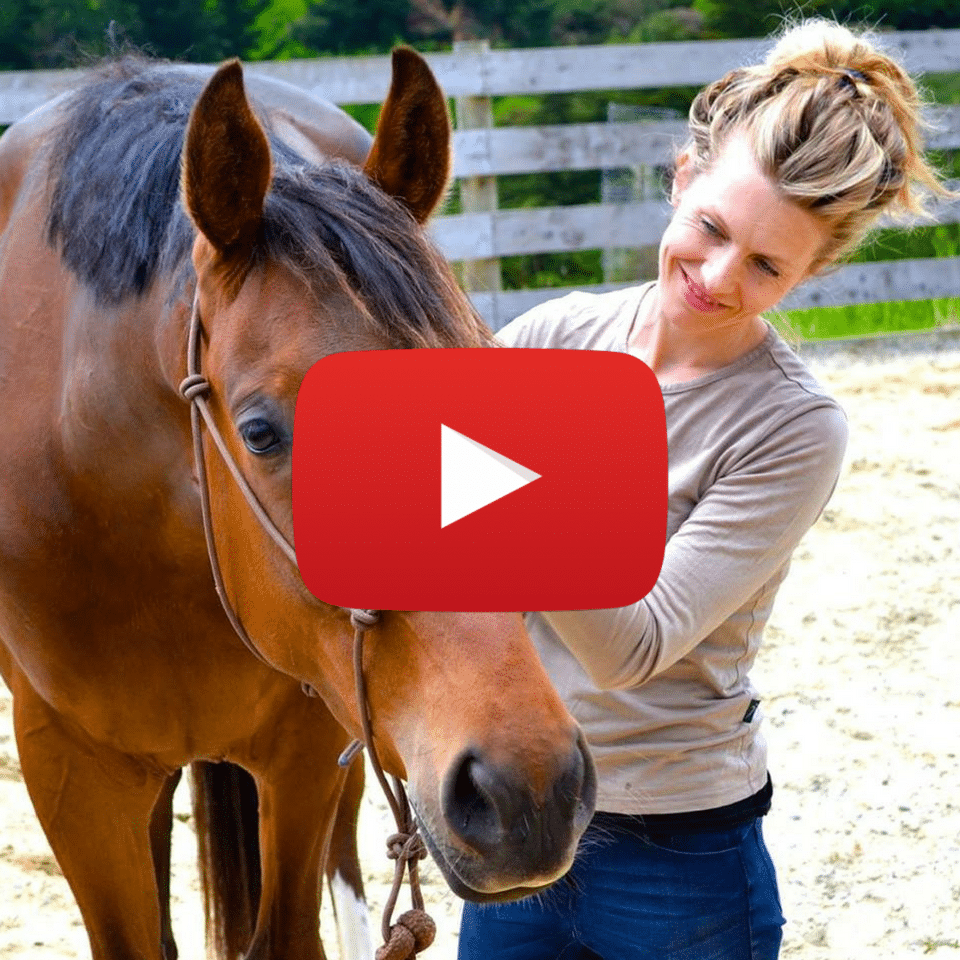Most of us are masterful at dissociating from our experience; from being anywhere other than truly where we are right now. And what’s more, the ways that we do it are often so subtle that we don’t even consider them to be escapist or detrimental in any way at all.
Let’s think of it this way.
On a nervous system level, when I am responsive and adaptable, my sensory system is responding to what is in my direct experience. I’m not responding to any stories I have about what’s going on; I’m not responding to future anxieties. I’m responding to the reality of the moment as it exists currently.
When I’m in this place, my unconscious brain is the gatherer of information; my multiple senses feel into my environment, collecting information and shoots that information through to my brain, so it can update my sensory-motor map and decide what response is appropriate for me in this moment in time.
My conscious brain then receives this information and makes choices based on what the unconscious brain presents; it’s an information receiver and decision-maker. When I work in this way, I am experiencing my life on a full-body level, rather than just relating to it cognitively. From this place, my experience informs my perception and I respond accordingly.
For many of us, though, this is not what’s happening. Instead of us having a sensory experience with life, we are thinking our way through life. We are taught to do this; to analyse, to question, to relate to everything with our thoughts. This has become so normal to us that we might even find it hard to consider that there could be a different way. It might surprise us to hear that there IS a different way. And that, in fact, this is not the natural choice of your person, should the choice be given.
Overthinking, constant questioning, lots of planning, and considering are sympathetic or fight-flight nervous system patterns. In this place, our conscious mind is no longer the receptacle of information but the collector of information; a role it was never designed for. And as a result, we feel like we’re blowing a fuse. When we are constantly relating to our life with our thoughts, we are not truly experiencing our life. Experiencing is sensual.
Back to dissociation. The things I just mentioned- overthinking, constant questioning, lots of planning, and considering- are all methods of dissociation. But equally so, are the many “positive” ways and means that we are taught, that cause us to check out. I may be throwing myself into the fire by using this one, but gratitude journals and practices are an example of something that we perceive as positive but still, they remain a dissociation. Instead of us moving through our day and experiencing it, I am relating to it with my thoughts.
It might be a more “positive” story, but it’s still making the story more important than the moment. I’m overlaying my thoughts onto my experience, rather than my thoughts being informed by my experience.
The tricky part about letting yourself be in your experience is that sometimes it’s a little messy. Much of our dissociation is about creating the illusion of control; it’s about seeking to control our reaction to events and to allow us to present in a more socially palatable way than the truth of our experience might allow for.
And naturally, if we have been living from our survival nervous system for a while to the point where it’s become the norm, we need support in changing our patterns. We need tools to detach from the story and to be able to use the conscious mind to support the unconscious mechanisms that are designed to lead us through our life and experience. The ones that allow us to be IN our experience rather than absent from it.
Onwards.
❤️ Jane

